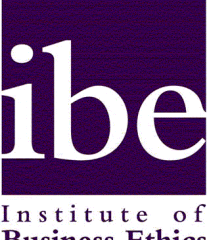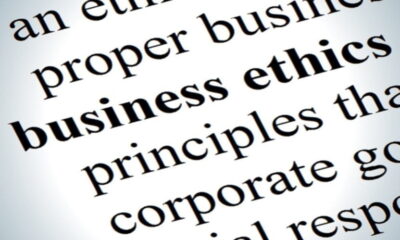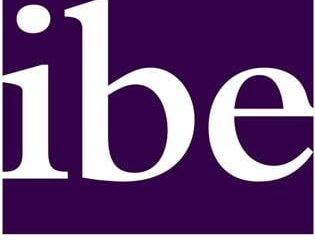

Economy
New Report Teaches Companies How To Form Effective Codes Of Ethics
The Institute of Business Ethics has published new guidance on how to create and use an effective code of ethics.
The IBE today publishes new guidance on how to develop and implement an effective code of ethics. It is the third time in its 30 year history that the IBE has addressed this topic, reflecting the ever evolving nature of the challenge facing companies: how do you encourage all staff, all the time, to ‘do the right thing’?
Codes of Business Ethics: a guide to developing and implementing an effective code follows the IBE 9–Step Model and shares examples of good practice. It addresses many of the questions that arise when the necessity for providing guidance to staff on decisions with an ethical element is taken seriously. It is intended to apply to organisations of any size, regardless of the sector in which they operate and will assist those charged with implementing or updating their organisation’s code of ethics.
The companion publication Codes of Business Ethics: examples of good practice draws on the wording of a number of current corporate codes which address the most common concerns encountered in doing business today. There are potentially 108 issues which codes of ethics can cover. These include new issues, such as personal relationships at work; treating customers fairly; social media; protection of the company’s brand; risk management and prioritising ethics over profits which were not highlighted as important topics when the guidance was last updated in 2003.
This highlights the importance of regularly reviewing and updating a corporate code of ethics so that it remains relevant to today’s workplace.
IBE’s Director, Philippa Foster Back CBE, said: “If ethical values are a compass to guide our behaviour at work, then a code of ethics is a map which helps us navigate the ethical dilemmas we find in business.
A code of ethics will help to ensure consistent behaviour throughout a business wherever it operates and underlines the organisation’s commitment to ethical leadership to its staff and other stakeholders.”
The report’s co-author Simon Webley, IBE’s Research Director, said: “There are some really effective codes of ethics out there, but too often we find many are dull, out of date, dictatorial and frankly offer no real help at all. A code of ethics needs to be engaging and relevant, or it will not be worth the paper it’s printed on.”
#codeofbusinessethics


 Environment12 months ago
Environment12 months agoAre Polymer Banknotes: an Eco-Friendly Trend or a Groundswell?

 Features11 months ago
Features11 months agoEco-Friendly Cryptocurrencies: Sustainable Investment Choices

 Features12 months ago
Features12 months agoEco-Friendly Crypto Traders Must Find the Right Exchange

 Energy11 months ago
Energy11 months agoThe Growing Role of Solar Panels in Ireland’s Energy Future




























